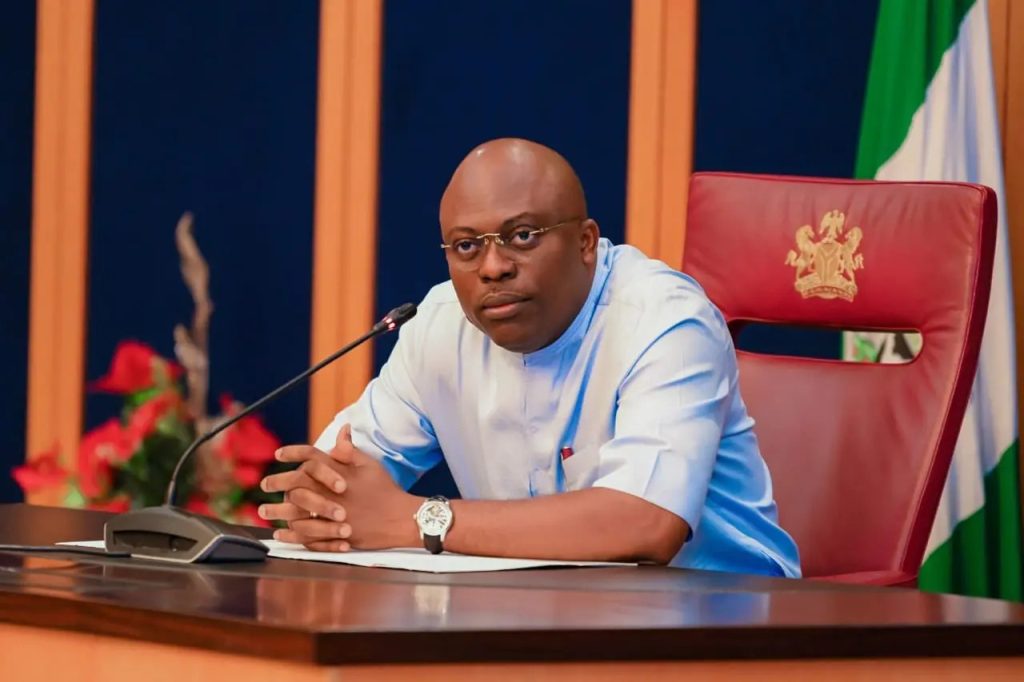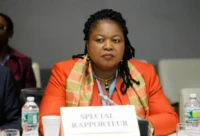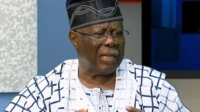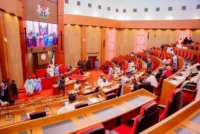Rivers State Governor Siminalayi Fubara has vowed to abide by a Supreme Court ruling that nullified the state’s October 2024 local government elections, despite his administration’s reservations. In a statewide broadcast on Sunday, Fubara acknowledged the verdict delivered on Friday, admitting, “Although we disagree with the judgments, we are bound to obey the orders made therein as a law-abiding government.” The decision marks a pivotal moment in a protracted political tussle, forcing a reset in local governance while exposing deep fissures in the state’s leadership.
The governor’s address was a blend of compliance and candor. “My dear people of Rivers State, we are all aware of the recent Supreme Court judgments and pronouncements regarding aspects of the lingering political disputes in our dear state,” he said, framing his stance within a commitment to constitutional norms. Fubara insisted that since taking office, his administration has adhered to the rule of law, due process, and democratic principles. “We have not, as a government, done anything deliberately to trample on the rule of law,” he asserted, though he conceded human fallibility: “We are not above mistakes.”
The Supreme Court’s rulings—detailed in judgments by Justices Emmanuel Akomaye and Jamilu Tukur—delivered a multi-pronged rebuke. Beyond voiding the October 5 elections for flouting the Electoral Act, the court restricted the Central Bank of Nigeria and other agencies from disbursing funds to Rivers State until prior orders are met. It also criticized Fubara for bypassing 28 lawmakers under Speaker Martin Amaewhule, submitting the 2024 budget to a four-member assembly instead—a move branded a “blatant violation” of earlier mandates. The demolition of the Assembly complex and actions tied to lawmakers’ alleged defections drew further ire as “authoritarian tactics.”
Fubara’s response was pragmatic. He pledged to study the certified judgments and implement them fully, signaling a shift in local governance. “I hereby direct the Heads of Local Government Administration to immediately take over the administration of the 23 local government councils,” he announced, sidelining caretaker committees outlawed by the court. Outgoing chairmen must hand over power by Monday, March 3, 2025, as the Rivers State Independent Electoral Commission prepares for fresh elections. “We will move the state forward,” he promised, urging calm among citizens.
The nullified election, marred by the electoral commission’s failure to halt voter registration post-announcement, underscores procedural lapses that Fubara’s team must now rectify. SaharaReporters noted the financial stranglehold imposed by the court—a direct consequence of perceived defiance—adding pressure to comply. Yet, Fubara’s dissent hints at a deeper rift. His dismissed cross-appeal against Amaewhule’s Assembly reveals a governor at odds with judicial and legislative foes, even as he bends to their authority.
This saga reflects Rivers State’s volatile political landscape. The Amaewhule-led Assembly, ordered to resume duties, stands as a counterweight to Fubara’s executive sway, while the budget debacle and complex demolition signal a bruising power struggle. The Supreme Court’s condemnation of these moves as executive overreach casts Fubara as a leader caught between ambition and restraint. His broadcast, while conciliatory, barely masks the tension of governing under such scrutiny.
For residents, the fallout is tangible—local councils in limbo, funds frozen, and a government humbled but resolute. Fubara’s call for calm belies the stakes: a state rich in oil and ambition, yet hamstrung by infighting. The transition to administrative heads offers stability, but the specter of new elections looms, testing the electoral commission’s mettle and Fubara’s resolve to avoid past pitfalls.
Rivers State stands at a crossroads. Fubara’s pledge to implement the rulings, however grudgingly, averts immediate chaos but doesn’t erase the underlying discord. The Supreme Court has flexed its muscle, reining in a governor it accuses of sidestepping democracy. As Heads of Administration take charge and legal dust settles, the path forward hinges on compliance—and whether Fubara can turn judicial setbacks into governance gains. For now, Rivers waits, its people watching a leader navigate a storm he neither fully controls nor fully accepts.












I believe Fubara should accept the Supreme Courts decision gracefully for the sake of peace in Rivers State.
I wonder if Fubaras compliance is genuine or just a strategic move. Its hard to trust politicians these days.
Is Fubaras compliance a sign of respect for the law or a strategic move? Lets discuss!
I cant believe Fubara is backing down! The Supreme Court drama is getting intense, what do you think will happen next?
Is Fubaras compliance a sign of respect for the law, or a surrender to political pressure? Lets discuss!
Is Fubaras compliance a sign of respect for the law or a surrender to political pressure? Lets discuss!
I cant believe the drama in Rivers States election saga! Do you think Fubaras compliance is a step towards peace or more chaos?
I cant believe the drama in Rivers States elections! Fubaras compliance is a rollercoaster. What a wild ride!
I find it intriguing how opinions on electoral setbacks can be so divided. What are your thoughts on Fubaras compliance?